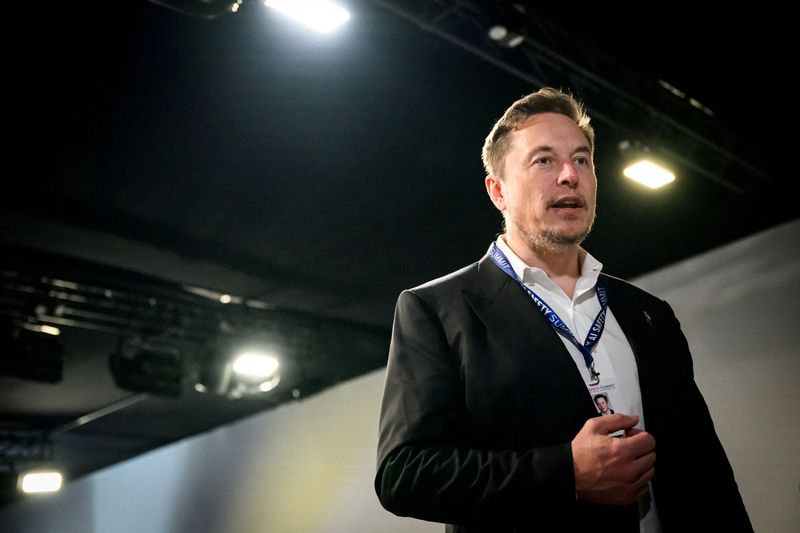Trump/Putin summit, UnitedHealth and Japan’s GDP - what’s moving markets
Investing.com -- Tesla’s near $1 trillion valuation may reflect investor confidence in its long-term vision, but Jefferies analysts say the company and its broader mission are no longer defined solely by CEO Elon Musk.
“We still think TSLA and its mission are bigger than CEO Musk,” analysts led by Philippe Houchois said in a note, as they acknowledged that governance issues and leadership style continue to fuel share price volatility.
Despite these concerns, they emphasized that Tesla’s operating performance and strategic positioning continue to support its long-term prospects.
The report follows Tesla’s Q1 results, which Jefferies described as weak on the surface but showing resilience beneath. Core auto gross margin only showed ~30% operating leverage on a 21% year-over-year revenue drop, signaling solid cost flexibility.
Management confirmed plans for new affordable models and the launch of a Robotaxi fleet, but also removed growth from its outlook and suggested that robotaxi revenue won’t be material until mid-2026.
Jefferies views Tesla (NASDAQ:TSLA)’s potential edge not in the uniqueness of its autonomous technology, but in its ability to scale. The brokerage modeled several Robotaxi fleet scenarios, estimating a potential valuation range between $200 billion and $1 trillion. They use a midpoint of $560 billion, or $160 per share, in their sum-of-the-parts valuation.
Tesla is also investing in stationary storage and humanoid robotics, though Jefferies noted it’s too early to gauge a dominant advantage in these segments. Still, they acknowledged the company’s continued manufacturing edge, with process efficiency and design simplicity remaining key drivers.
The analysts believe that Tesla’s recent return to a $1 trillion valuation gives it “the benefit of the doubt” as it prepares for the June Robotaxi launch in Austin.
“TSLA continues to build an edge in manufacturing, from streamlining design-tomanufacture to process efficiency (suited to re-shoring U.S. manufacturing), which remains a key valuation driver,” the analysts continued.
While CEO Elon Musk remains central to Tesla’s strategy, Jefferies concluded that the company’s scale, product ecosystem, and long-term investments position it to outgrow its founder’s personality-driven narrative.
“Non-TSLA activities have, in our view, caused more damage to Musk’s personal brand than to TSLA,” they wrote.
Jefferies maintained a Hold rating on Tesla shares, with a price target of $300.
